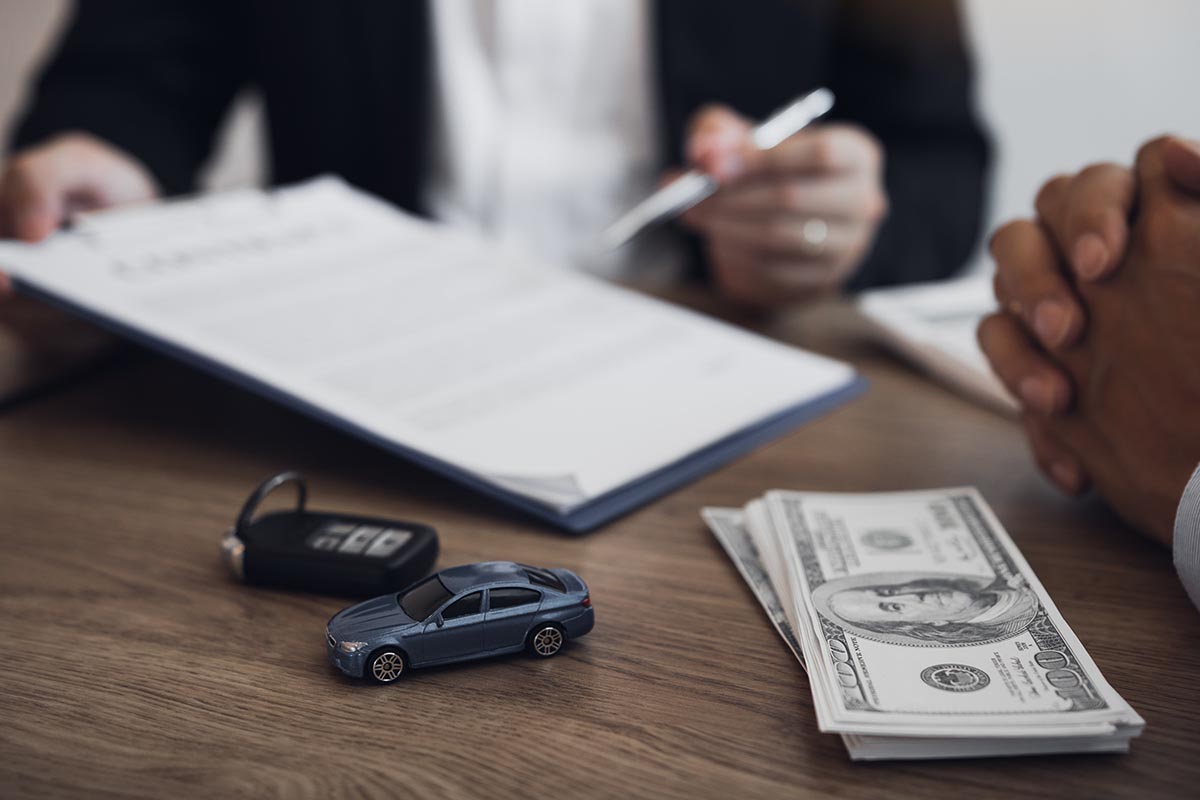Funding A Car: Loan or Lease?
KEY POINTS
- Loans offer full ownership and flexibility in car modification and resale, with the best terms found by shopping around for low-interest rates.
- Leasing allows access to newer cars every few years without the hassle of resale, though it often requires a deposit and may include maintenance packages.
- Car finance, whether HP or PCP, delays full ownership until payments are complete, offering a middle ground between traditional loans and leasing.
Cars are so expensive nowadays that few people can buy one outright. Instead, most car owners take out a loan or lease a car. Both options allow you to spread out the cost into smaller monthly installments.
But which is the best auto funding solution? This post compares the two.
Why take out a loan?
The most common option is to borrow money to afford a car. This involves either taking out a ‘car loan’ or applying for ‘car finance’ – both of which differ slightly.
Car loans are taken out from a bank or a private lender. All the money goes straight into your account, which you then use to pay for the car. You can find the best interest rates and affordable monthly installments by shopping around.
Buying a car with a traditional loan gives you full ownership straight away – which means you can modify or sell the car at any point.
Car finance is applied for via a dealership that helps you choose from a select range of lenders. Unlike a traditional auto loan, you do not fully own the car until you pay off the auto finance. There are two main forms of car finance:
- Hire purchase (HP): You pay regular-sized installments for a set term until the cost of the car is paid off, after which you own it.
- Personal contract purchase (PCP): You pay smaller installments each month. At the end of the term, you have the choice to pay a larger ‘balloon payment’, after which you have full ownership of the car.
When paying for a car with an auto loan or finance, you are responsible for all vehicle maintenance. This is something to be wary of when borrowing money for an older used car – if the car becomes too expensive to repair and you have to scrap it, you will still have to pay any outstanding loan repayments.
With a traditional auto loan, you can sell your car at any point and continue paying off the loan. With car finance, you can sell your car at any point providing that you are able to use the sale proceeds to pay off the remainder of the loan.
Why lease a vehicle?
Leasing a car is essentially renting a car. You lease it for an agreed term, after which you must give it back to the leasing company.
While you can buy a car on finance without a deposit, leasing typically requires some form of deposit. Monthly rates can vary depending on the car you choose to lease and the length of the term that you lease it for.
The advantage of leasing is that you often have access to newer cars that you wouldn’t be able to afford to buy using a loan or finance. At the end of each lease term, you also get to trade in your car for a different new model – allowing you to try out new cars every couple of years.
In many cases, you still have to handle maintenance. However, there are some leasing companies that offer maintenance packages, offering to pay for servicing and certain repairs.
You cannot modify a leased car. Temporary modifications may be permitted, provided that you can reverse them when giving the car back. You must also make sure that the car is not returned with any damage – otherwise, you could face fees and penalties.
You cannot sell a leased car because you do not own it. On top of this, exiting a lease early can be difficult as there are often expensive ‘early exit fees’. You are more tied in than you are with a loan. That said, there are some end of auto lease companies out there that can take over ownership and pay off your remaining lease if you do need to exit early.
Loan or lease?
Loans are a better option if you want full ownership – including the ability to modify and sell your car freely. A traditional loan will give you ownership straight away, whereas car finance gives you ownership at the end of the term. You can often pay less upfront with a loan/finance and may pay less in the long run than leasing (providing you keep on top of payments and don’t opt for a high-interest loan).
Leasing is a better option if you want access to newer cars every few years. You don’t have to worry about the hassle of selling your car and can simply trade it in when your term is over. Some leasing companies may be able to pay for maintenance (however such a deal may come with higher rates).




















